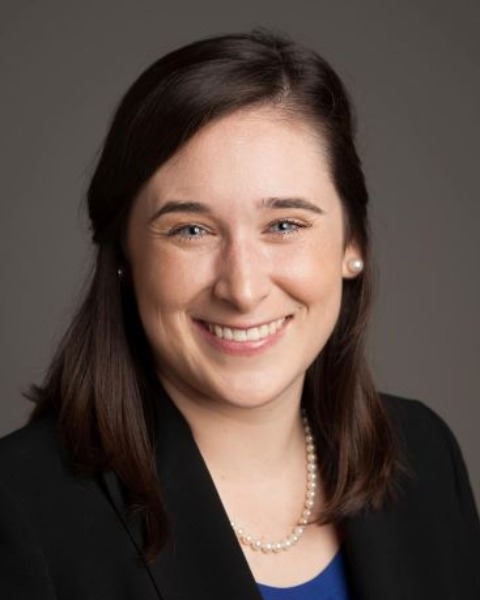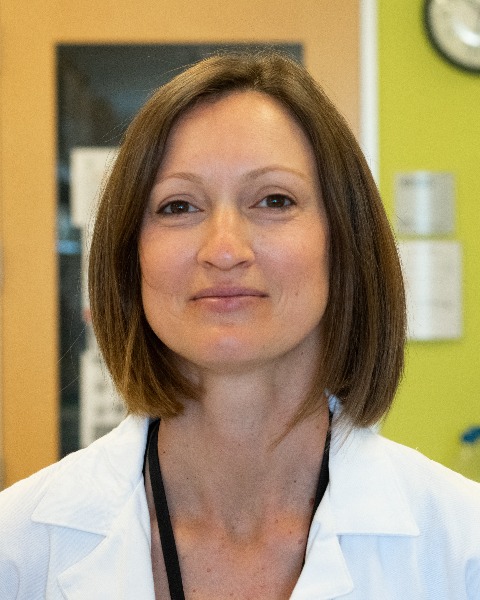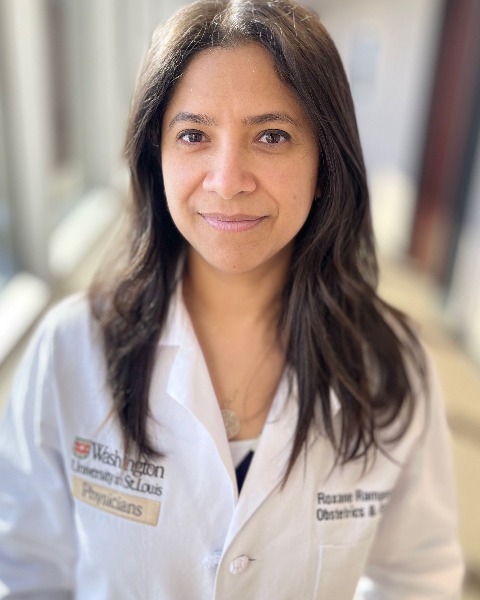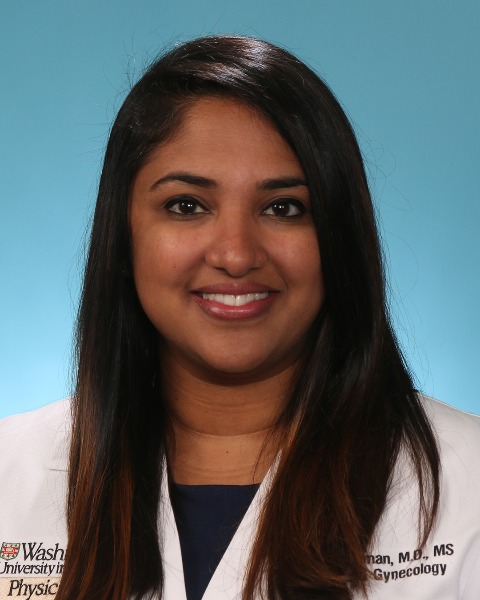Category: Public Health/Global Health
Poster Session II
(415) Shared decision-making aid to increase equity in the management of PPROM
Shared decision-making (SDM) and decision aids are recommended by the American College of Obstetricians and Gynecologists to facilitate patient-centered, individualized informed consent and to meet the ethical standards of reproductive health decision making. We compared offering and acceptance of expectant management (EM) for prelabor premature rupture of membranes (PPROM) beyond 34w0d before and after implementation of a SDM aid in those who ruptured before 34w0d to assess for equity in options counseling. The SDM aid outlined maternal and fetal risks and benefits of immediate delivery versus EM, with an assessment of patient values regarding the decision.
Study Design:
This is a retrospective cohort study at a single academic institution of all patients presenting with PPROM between 23w0d and 33w6d from January 2019 – March 2022 who delivered at or beyond 34w0d. We compared patients who were offered EM and chose immediate delivery versus those who were offered and accepted EM, stratified by self-identified race before and after implementation of the SDM aid in October 2020.
Results:
In the study, 29 patients were eligible for EM (17 pre-decision aid, 12 post-decision aid, p=0.74), of which 13 were offered (44%) and 5 accepted (38%) (Table 1). After implementation of the SDM aid (Figure 1), the proportion of patients offered EM increased (23% vs 75%, p=0.01); however, there was no difference in the proportion who accepted (75% (3/4) vs 22% (2/9), p=0.08). Prior to the implementation of the SDM aid, 0% of eligible patients reporting Black race were offered EM, while 100% were offered post implementation of the SDM aid (p < 0.01). Meanwhile, 40% of eligible patients reporting White race were offered pre implementation of the SDM aid, while 60% were offered post implementation (p=0.61).
Conclusion:
A shared decision-making (SDM) aid improved equity in counseling on EM beyond 34w0d, but a small proportion of patients accepted. Further investigation into factors affecting patient decision making and clinician counseling is required.

Bridget C. Huysman, MD, MPH (she/her/hers)
Fellow Physician
Washington University School of Medicine
St. Louis, Missouri, United States
Sydney M. Thayer, MD
Washington University School of Medicine
St. Louis, Missouri, United States
Annessa Kernberg, MD
MFM Fellow
Washington University School of Medicine
St. Louis, Missouri, United States
Antonina I. Frolova, MD,PhD (she/her/hers)
Assistant Professor
Washington University School of Medicine
St. Louis, Missouri, United States
Roxane M. Rampersad, MD (she/her/hers)
Associate Professor
Barnes Jewish Hospital and Washington University
St. Louis, Missouri, United States.jpg)
Anthony O. Odibo, MD
Professor
Washington University School of Medicine
St. Louis, Missouri, United States
Nandini Raghuraman, MD,MSc (she/her/hers)
Assistant Professor
Barnes Jewish Hospital, Washington University in St Louis
St. Louis, Missouri, United States
Ebony B. Carter, MD, MPH (she/her/hers)
Associate Professor, MFM; Chief, Division of Clinical Resarch
Washington University School of Medicine
St. Louis, Missouri, United States- JK
Jeannie C. Kelly, MD,FACOG,MS
Associate Professor
Washington University School of Medicine
St. Louis, Missouri, United States

.png)
